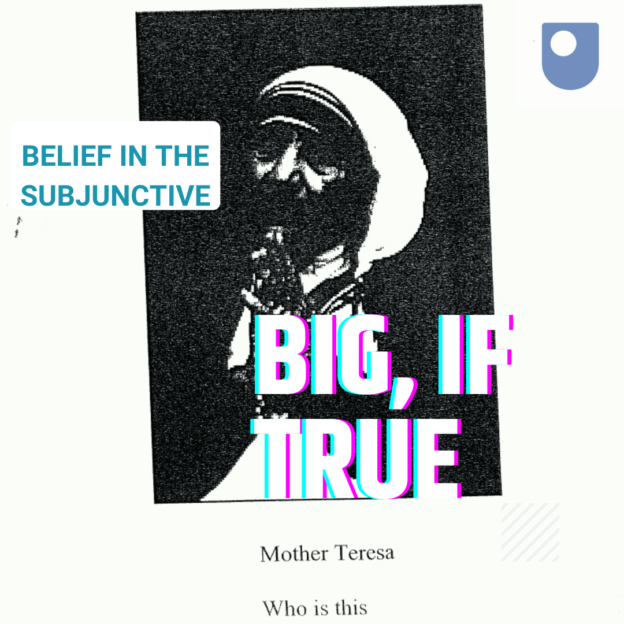In 2001, just weeks after the 9/11 attacks, the Ministry of Defence recruited a team of psychics to track down bin Laden’s alleged “Weapons of Mass Destruction” with remote viewing. According to recently declassified documents, the MoD literally borrowed the playbook on using remote viewing in military intelligence that the CIA had developed during the Cold War, as made famous by Jon Ronson’s The Men Who Stare at Goats.
They didn’t find any weapons of mass destruction – but then, there weren’t any to find.
Two decades later, in the wake of shock populist election victories in the US and UK, and as COVID brought vaccination fears to the surface again, it is widely claimed that mis- and disinformation on social media is the root cause. People are being exposed unwittingly to “fake news” on the Internet, and this, it is claimed, is at the root of todays’ hyperpartisan and conspiratorial politics. Nevertheless, the empirical data is clear that the influence of online misinformation on political events is minimal.
What do these two examples have in common? A too-simple understanding of belief.
Our first reaction to the MoD employing psychics might be incredulity that such senior military figures could “believe in” remote viewing. But it is clear that the military’s position was agnostic – if it could be done, it would confer a great military advantage. Given the comparatively low cost of a few experiments, then a few trials could be entirely justified – whether or not one entirely “believes”.
The connection between behaviour and belief becomes easier to understand when we see belief in the subjunctive. For example, my dad has severe rheumatoid arthritis that causes him chronic pain. He tried acupuncture when it was offered to him, and it didn’t matter if he believed it. It either worked, or it didn’t, and if it did, he’d keep using it.
At the same time, if we assume that someone sharing a conspiracy theory on Facebook means that that person fully believe it, then we will see our feeds as awash with irrationality. But the data is clear: engagement is not the same as accepting. In fact, most people will only accept things which fit their already-existing preconceptions. And while the Internet may be “methodologically convenient”, it is clear that offline networks and legacy media (especially that owned by Rupert Murdoch) drive behaviour more successfully.
 Creator: Ted Eytan. Via https://mancunion.com/2021/01/12/opinion-the-republican-party-is-complicit-in-the-attack-on-capitol-hill/. Attribution-ShareAlike 4.0 International (CC BY-SA 4.0)
Creator: Ted Eytan. Via https://mancunion.com/2021/01/12/opinion-the-republican-party-is-complicit-in-the-attack-on-capitol-hill/. Attribution-ShareAlike 4.0 International (CC BY-SA 4.0)
It’s a difficult shift to make, because the idea of belief is deeply engrained in the post-Protestant worldview. Belief – or its more specifically religious variant, faith – is central to how we think about religion. Indeed, in legal cases involving religious exemptions, such as this one, the question of whether a belief is “sincerely-held” can be pivotal (as I wrote about in a previous post). Yet, as our recent project on the census has shown, religious identities are complex, and beliefs are changeable, multiple and sometimes contradictory, and tied up with other aspects of our identity. And belief might not even be the reason you identify with a religion anyway.
In short, if we want to understand the connection between knowledge and social action, religious or otherwise, we need a more sophisticated model of belief. It’s harder to see things as black and white if we don’t see belief as an either/or binary.
Big, if true.
(Images © Crown Copyright/MOD 2022)

